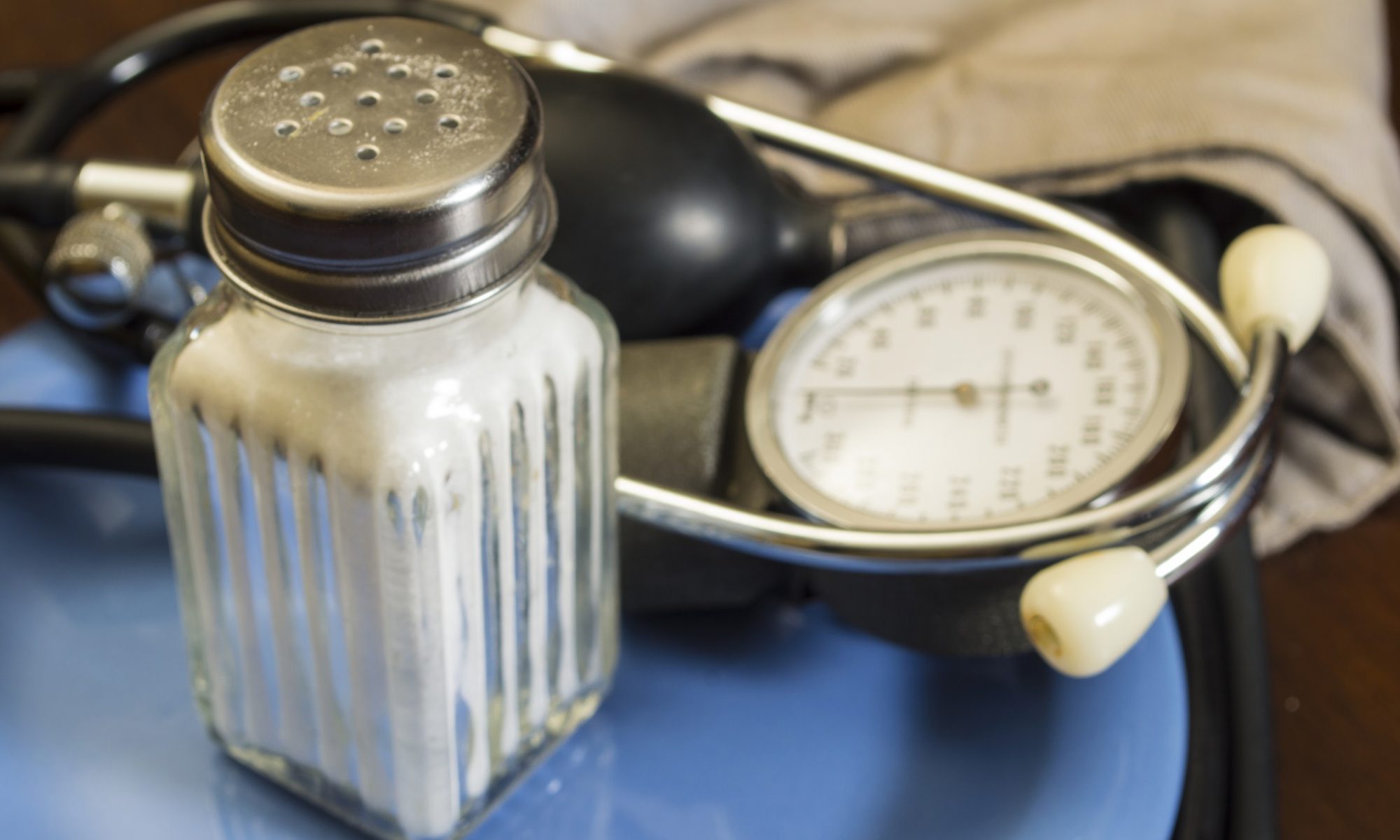Loading
CareDx Testing Services Have Been Used in Over 30,000 Heart Transplant Patients and Over 90 Percent of Centers in the United States
SOUTH SAN FRANCISCO, Calif., April 14, 2022 (GLOBE NEWSWIRE) — CareDx, Inc. (Nasdaq: CDNA) – The Transplant Company™ focused on the discovery, development, and commercialization of clinically differentiated, high-value healthcare solutions for transplant patients and caregivers – today announced that it has delivered over 200,000 AlloMap® or AlloSure® results for over 30,000 heart transplant recipients.1
“We are proud to have a long-standing and trusted relationship with the heart transplant community. Since 2005, we have served half of all heart transplant patients in the U.S. with AlloMap or AlloSure, and AlloMap has the distinction of being the only FDA cleared gene-expression profiling test (GEP) for use in heart transplants, the only GEP incorporated in International Society for Heart and Lung Transplantation guidelines, and the only one covered by CMS for multimodality assessment using AlloSure donor-derived cell-free DNA,” said Reg Seeto, CEO and President of CareDx. “Importantly, we have earned this trust by conducting multi-center prospective studies that have been published in leading journals such as the New England Journal of Medicine.”
Read the complete press release on CareDx.com here.
Loading






